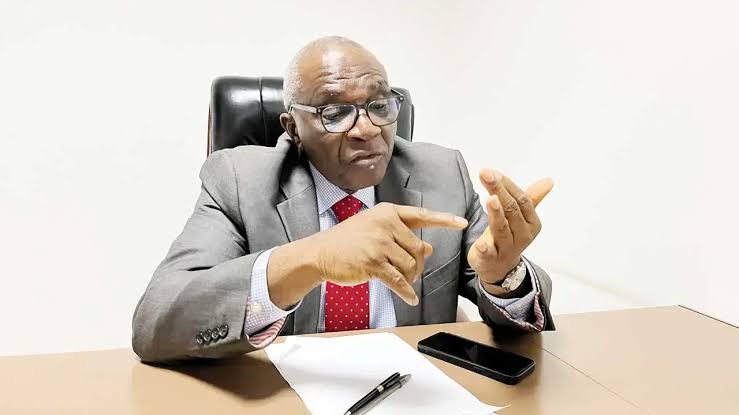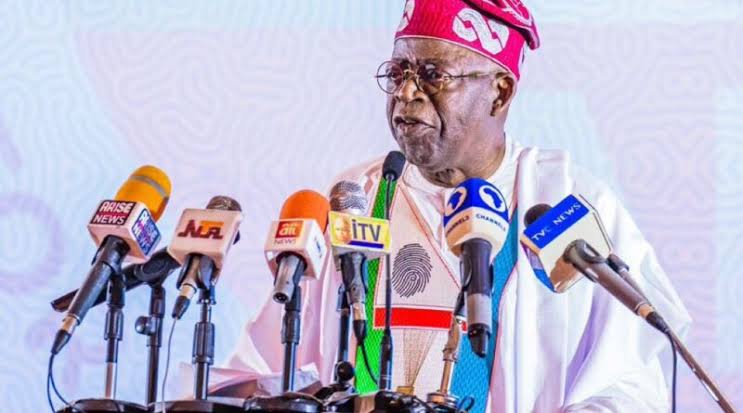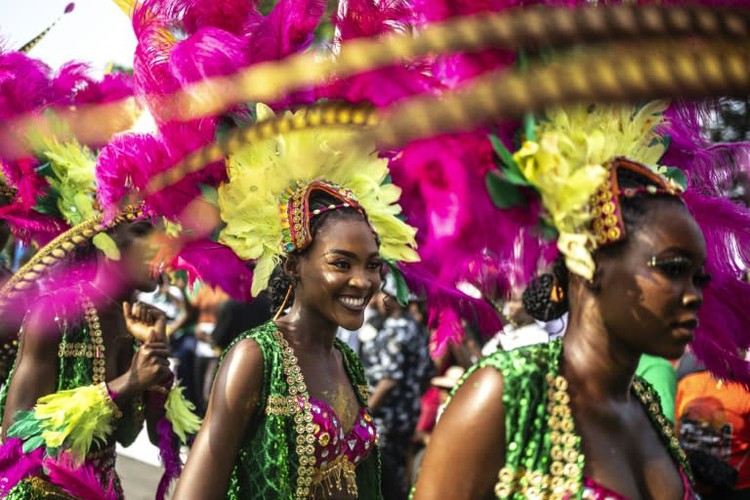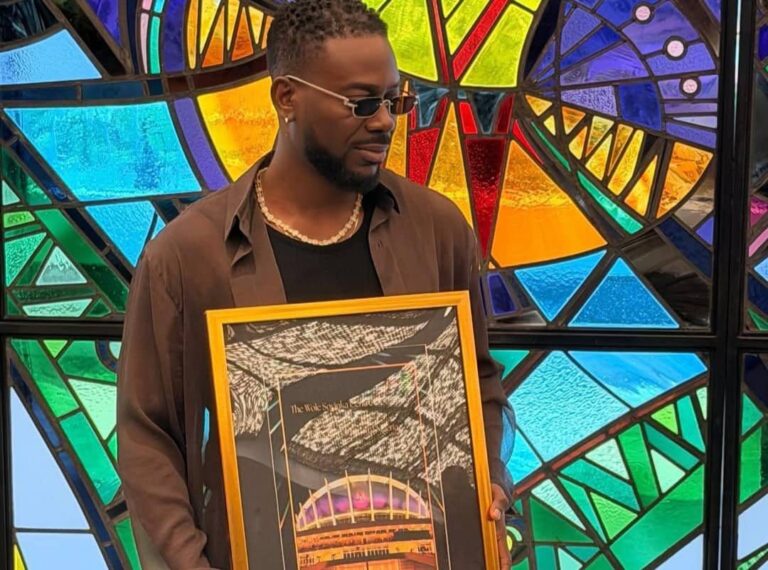In response to claims that Nigeria was “snubbed” in the 2024 United Nations Human Rights Council elections, the Presidency has clarified that Nigeria was not a candidate for the 2025-2027 term. Bayo Onanuga, Special Adviser to the President on Information and Strategy, addressed the issue in a series of statements, refuting reports that the country had been overlooked during the election process.
Onanuga categorically explained that Nigeria did not stand for election in this cycle, much like it had not done in 2023 when a Nigerian media outlet falsely reported that the country had earned three votes. He reiterated that Nigeria was not on the ballot for the election held on October 9, 2024. Any votes recorded for Nigeria were likely cast in error by countries that mistakenly thought Nigeria was running.
He emphasized that Nigeria’s absence from the ballot was a deliberate choice, consistent with the country’s strategy in previous elections. Onanuga explained that elections to international bodies, such as the Human Rights Council, often involve regional endorsements. For the 2025-2027 term, the African regional bloc endorsed Benin and Gambia—both members of the Economic Community of West African States (ECOWAS)—as candidates. Other candidates endorsed by Africa included Kenya, the Democratic Republic of the Congo (DRC), and Ethiopia. These five countries filled the five available seats from the African region without any competition, as the number of candidates matched the number of vacancies.
Onanuga noted that Nigeria, as a leader in African diplomacy, opted to support the endorsed candidates rather than contest for a seat. This decision aligns with Nigeria’s long-standing efforts to foster African unity and promote a collective voice on the global stage. He highlighted that President Bola Tinubu’s administration has been committed to ensuring that Africa is represented cohesively in international platforms, including the United Nations. This approach reflects Nigeria’s continued leadership role in diplomatic efforts across the continent.

The presidential aide criticized the media for not cross-checking their information before publishing reports on Nigeria’s alleged “snub” in the election. He pointed out that no effort was made to verify the facts with the Ministry of Foreign Affairs or Nigeria’s mission in New York before the false stories were circulated. He urged Nigerians and the media to avoid disparaging the country without properly understanding the context, particularly on international matters. “As Nigerians, we should not be quick to drag our country, especially on international matters,” Onanuga stated.
On October 9, the United Nations General Assembly elected 18 members to the Human Rights Council for the 2025-2027 term. Among the elected members were Benin, Bolivia, Colombia, Cyprus, Czechia, Democratic Republic of the Congo, Ethiopia, Gambia, Iceland, Kenya, Marshall Islands, Mexico, North Macedonia, Qatar, Republic of Korea, Spain, Switzerland, and Thailand. These newly elected members will begin their three-year terms on January 1, 2025, replacing the outgoing members whose terms expire on December 31, 2024.

In addition to Benin, Gambia, Kenya, DRC, and Ethiopia securing the seats for the African regional group, countries like Albania, Algeria, Brazil, China, Ghana, Japan, and South Africa will continue to serve on the Council. The Human Rights Council, composed of 47 member states, plays a critical role in promoting and protecting human rights globally.
Onanuga also clarified that some outgoing members, such as Argentina, Cameroon, Eritrea, India, and Somalia, were ineligible for immediate re-election, having served two consecutive terms. These positions were filled by newly elected members in the October 9 vote.
In conclusion, the Presidency reaffirmed that Nigeria’s decision not to run for re-election was a strategic choice in line with its commitment to fostering African unity. By backing the endorsed candidates, Nigeria ensured that Africa’s interests remained well-represented, even without holding a seat on the Human Rights Council during this term.
SOURCES
- https://www.thisdaylive.com/index.php/2024/10/14/presidency-votes-cast-against-nigeria-at-un-human-rights-council-election-in-error/
- https://tribuneonlineng.com/nigeria-not-snubbed-in-un-human-rights-council-elections-presidency-clarifies/
- https://www.vanguardngr.com/2024/10/nigeria-not-snubbed-in-un-human-rights-council-election-presidency/




